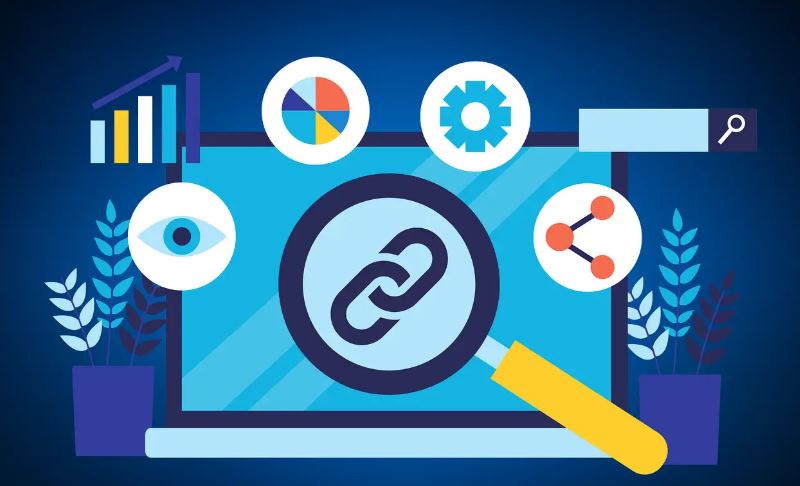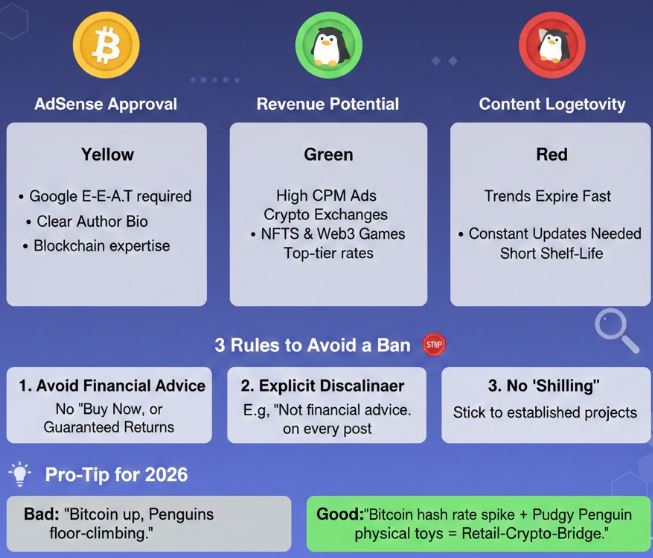Paperwork and cabinet files sound like some odd ideas in this era of highly digital progress, where everything is handled through a cloud-based system. Medical billing practices are also in the field to improve operational efficiency and reduce billing errors. Like all other medical specialties, neurology prefers electronic systems to keep patient records accessible for billing matters. But roses with thorns are definite, so electronic handling comes with both convenience and challenges.
Since neurologists deal with patients’ highly sensitive and personal information, the risks of handing this data to the wrong hands can bring devastating results. The impact of data leakage equally impacts patients and practitioners. Therefore, security in neurology billing is not an option but compulsory to keep the standards high. Developing strong security practices for patients’ data keeps it safe from costly data breaches and boosts compliance with regulatory instructions that avoid the audit penalties. Neurology billing faces numerous external and internal security threats that can impact the practice’s performance and demand high costs for resolving denial claims.
Key Security Measures for Neurology Billing
Patient data can become an easy target for cyber criminals if neurology practices do not follow standard security measures. These practical strategies prepare every service provider to stay alert for all cyber threats and make them confident to navigate any unexpected situation. Some of the valuable steps to take are as follows:
Data Encryption & Secure Transmission
The first and safest way to protect patient information is to convert it into unreadable codes that can only be accessed by authorised users. Practices should use encryption techniques to store and share important files. End-to-end encryption means that everything is locked with unbreakable locks. Billing teams and other medical entities should continuously operate through trusted channels with less chance of error.
Access Control & Authentication
A single password is no longer secure, and hackers can easily decode it with little effort. Therefore, providers should confirm the staff who need access to all records to perform their roles effectively. This confirmation allows management to build a role-based access control by only entering names to open patient data files. Passwords can be secured through multi-factor authentication, such as face verification or multiple biometric scans.
Regular Security Audits & Compliance Checks
Applying security practices to ensure compliance with HIPAA and other regulations is not a one-time task; it demands continuous assessment to monitor ongoing data and compliance gaps. Practices can arrange frequent audits and vulnerability monitoring to discover existing billing processes and data management weaknesses. Timely observations can overcome the risks of external audits and resolve the issues before any cyberattack. Advance audits also help in compliance with HIPAA regulations and set the practice apart from limited standards.
Employee Training & Awareness Programs
The world’s best technology and tools can be undone if the handling team is not expert. Practices should invest in staff training and education to recognize phishing emails robustly and avoid clicking on suspicious links. Skills development and enhancing awareness can protect patient data from being revealed.
Secure Backup & Disaster Recovery Plans
After technology integration and robust monitoring, accidents can still happen. Providers must prepare themselves for any unexpected situation. Using automated monitoring systems and preparing backup data in encrypted files enhances control over patients’ confidentiality. Practices must have a solid recovery plan to stay safe from cyberattacks. Such a practice should have a solid recovery to continue patient care in case of ransomware.
Compliance & Regulatory Considerations
Protecting data from hackers is not enough in medical billing; practices must follow the regulatory guidelines to stay safe from audits. Neurology billing needs an efficient roadmap to comply with healthcare standards. Some key steps can simplify the compliance journey while ensuring safe patient data. Here is the list of key compliance areas that neurology billing must consider for smooth navigation:
HIPAA Compliance in Neurology Billing
When patient data protection concerns arise, the best guidelines structure is HIPAA to follow. Neurology billing must follow the rules set by HIPAA authorities. According to HIPAA standards, neurology billing should follow the Security Rule to safely handle and protect electronic protected health information. HIPAA also has a standard criterion for deciding who can access patient data in practice. Providers should follow the Privacy Rule to develop a trusted access control plan. The Breach Notification Rule also helps to respond quickly and responsibly in a sudden cyberattack. Failing to follow any HIPAA rule can impact financial growth and bring legal complications.
Medicare & Insurance Security Requirements
Compliance policy doesn’t mean following only the rules set by HIPAA. However, neurologists should follow the security standards that Medicare and Medicaid payers set. These entities can demand that practices store their files in encrypted form and submit safe claims by applying accurate coding. The claims must have thorough documentation to prevent denials, whereas the payer also confirms how long data is required for secure submission of reimbursement appeals. Every payer can slightly differ in their security policies, so practitioners should pay attention to all for safe navigation.
Third-Party Vendor Security Standards
Many neurologists trust outsourcing technology and software for billing services. But outsourcing doesn’t mean shifting the practice’s safety to others. Neurologists should maintain standards by observing all providers offering billing software security measures. Before making a deal for software, a neurology practice must ask providers about strong encryption and access control plans. Asking about HIPAA compliance is also necessary for regulatory safety. A must be asked about the response policy if a data breach occurs. By confirming these features, neurology billing teams can ensure patients’ data is safe.
Tools & Resources for Secure Neurology Billing
Securing a neurology billing system is no longer challenging due to the latest tools and resources. All the tools have a user-friendly dashboard, so neurologists can easily understand all the features. After deciding on adoption, the problem arises when deciding on the best option. Here are some valuable options to consider:
Top Secure Billing Software
The first and most essential step in technology integration is the best selection of billing platforms. Several trusted software solutions are available to break down the security complications into understandable steps. For example, EpicCare EMR has the best security architecture to stop unauthorized access. This platform’s encrypted storage solution offers additional peace of mind. AdvancedMD is also considered due to its cloud-based security arrangements. It operates on HIPAA guidelines and provides regular security updates with 2FA protection. Neurologists can also choose NextGen Healthcare to offer an end-to-end encryption service.
Cybersecurity Frameworks & Guidelines
Neurology billing practices should follow international security standards to improve their safety. For example, NIST’s working policy helps keep them safe from cyberattacks. Moreover, providers must follow ISO27001 guidelines to enhance patients’ safety and protect their sensitive information.
Healthcare Security Training Programs
Technology alone cannot do anything if the handling personnel are untrained and lack sufficient knowledge. Practices should hire well-trained staff or take responsibility for training the existing team by arranging regular training and educational programs. Providers should invest in HIPAA security certification so staff can learn data protection methods and insights about HIPAA policy. Practical training for phishing detection and identifying fake links is also essential to developing a productive and progressive team.
Final Analysis
Securing patient data from cyberattacks is necessary to maintain trust in services and smooth the billing process. Neurology billing practices should follow regulatory guidelines to develop a secure shield around patient data. Practices should adopt new technology-based billing software that offers automated coding with minimal claim errors and robustly identifies the expected threats to keep files safe from cyberattacks.





